Solar Panel Battery Bank Systems: Illuminating Economic Opportunities in the Industrial Sector
In today’s rapidly advancing global industry, efficient energy use and cost control have become key factors in corporate competition. The emergence of solar panel battery bank systems, like a brilliant new star, shines with dazzling economic benefits in the industrial sector, bringing unprecedented opportunities and transformations to enterprises.
Simply put, solar battery bank systems convert solar energy collected by solar panels into electricity and store it in batteries to meet the electrical needs of industrial production processes. This innovative energy solution is gradually becoming a powerful weapon for reducing costs and enhancing competitiveness in the industrial sector.
Firstly, solar battery bank systems can significantly reduce energy expenditures for industrial enterprises. For many manufacturing companies, electricity costs are a significant part of production costs. Traditional energy supplies often rely on the grid, and with increasing energy demands and fluctuating energy prices, electricity expenses impose considerable pressure on businesses. Take, for example, a medium-sized electronics manufacturing plant where monthly electricity bills can soar to hundreds of thousands of yuan. However, by installing solar battery bank systems, this factory can utilize rooftop and surrounding space to install solar panels. During periods of ample sunlight, a substantial amount of electricity is produced and stored. This self-generated electricity is directly used to operate production equipment, thereby greatly reducing the amount of electricity purchased from the external grid. Over the long term, the savings on electricity bills are considerable, potentially reaching millions of yuan annually, directly boosting the profitability of enterprises.
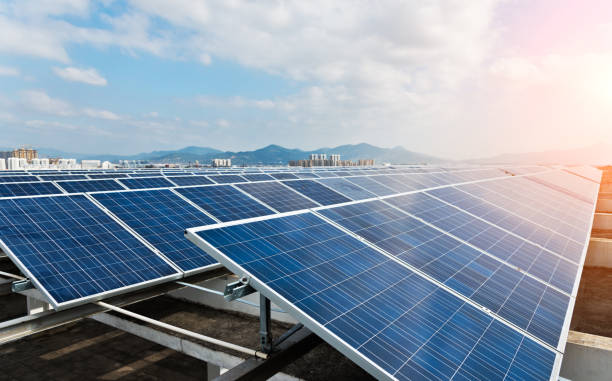
Secondly, solar battery bank systems provide industrial enterprises with more stable energy supplies. In some regions, the grid may face power shortages, line faults, or other unforeseen circumstances leading to power outages. For industrial production, even brief power outages can result in production line downtime, product damage, or even delays in orders. However, the battery storage units equipped with solar battery bank systems can swiftly switch over during grid failures, providing continuous power support for critical equipment and production processes, ensuring production continuity and stability. For example, a food processing plant faced a grid failure during peak summer electricity usage. Thanks to its installation of solar battery bank systems, refrigeration equipment and processing machinery on the production line continued to operate, preventing food ingredients worth millions of yuan from spoiling, ensuring timely delivery of orders, and maintaining the company’s reputation and customer relationships.
Furthermore, from a long-term investment perspective, solar battery bank systems offer excellent cost-effectiveness. Despite potentially high initial installation and equipment costs, as technology advances and market scale expands, the prices of solar panels and batteries gradually decrease, while system efficiency and lifespan continue to improve. Generally, under reasonable design and usage conditions, the payback period for solar battery bank systems typically ranges from 5 to 8 years. Thereafter, the system continues to provide free electricity to enterprises, yielding long-term economic benefits. For instance, a chemical enterprise invested 5 million yuan in constructing a solar panel battery bank system, achieving cost recovery after 6 years of operation. Subsequently, annual savings on electricity bills and avoidance of power outage losses exceeded 1 million yuan, creating sustained value for the enterprise.
Additionally, solar battery bank systems bring potential environmental benefits and policy incentives to industrial enterprises. With increasing global concern about climate change, countries worldwide have introduced a series of policies and regulations encouraging the use of clean energy. By adopting solar panel battery bank systems, industrial enterprises can significantly reduce emissions of carbon dioxide and other greenhouse gases, meeting environmental requirements. This not only helps businesses establish a positive social image but also enables them to obtain government subsidies, tax incentives, and green credits. For example, in some regions, enterprises installing solar panel battery bank systems can receive a 30% subsidy on equipment purchases and sell surplus carbon emission quotas in carbon emission trading markets, gaining additional economic benefits.
Moreover, solar battery bank systems enhance industrial enterprises’ energy autonomy and control. In fluctuating energy markets with unstable supplies, enterprises relying on their own solar power generation and battery storage can reduce dependence on external energy suppliers, mitigating risks posed by energy price fluctuations. This flexibility and proactivity in energy management enable enterprises to better respond to market changes and uncertainties.
Furthermore, it is worth noting that the application of solar battery bank systems can promote innovation and upgrades in industrial enterprises. To better integrate and utilize solar energy, enterprises often need to optimize and adjust production processes, equipment operating times, and energy management strategies. This process drives innovation in technology, management, and operational modes, improving overall production efficiency and management standards. For example, a textile enterprise adjusted production shifts to fully utilize solar power generation, scheduled high-energy-consuming processes during periods of ample sunlight, and introduced intelligent energy management systems to monitor and optimize electricity distribution in real-time. This not only reduced energy costs but also enhanced product quality and production efficiency.
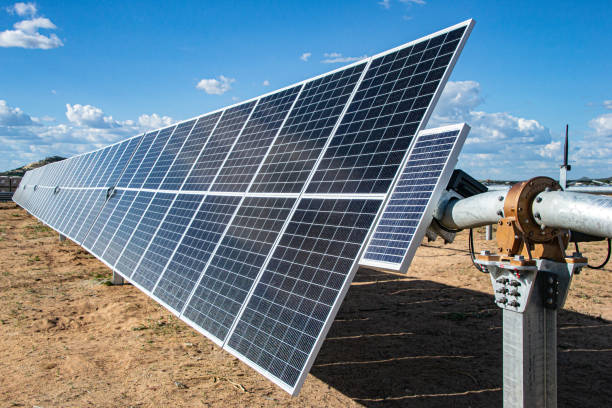
However, achieving widespread application and maximum economic benefits of solar panel battery bank systems in the industrial sector still faces challenges. For instance, installing the system requires certain space and infrastructure conditions, which may be limiting for factories facing land resource constraints. Additionally, battery lifespan and performance may vary under different environmental conditions, requiring effective maintenance and management by enterprises. Nevertheless, with continuous technological breakthroughs and improvement of solutions, these issues are gradually being addressed.
In conclusion, solar panel battery bank systems hold tremendous potential for economic benefits in the industrial sector. They not only reduce energy costs, enhance energy supply stability, and bring environmental and policy incentives but also promote innovation and upgrades in enterprises, enhancing their competitiveness and sustainability. Looking ahead, with further technological development and market maturity, we have reason to believe that solar panel battery bank systems will become an indispensable energy choice in the industrial sector, creating even more brilliant economic value for enterprises while making significant contributions to global sustainable development.
Contact us
- Email:[email protected]
- Tel: +86 13651638099
- Address: 333 Fengcun Road, Fengxian District, Shanghai
Get A Quote Now!
Read more
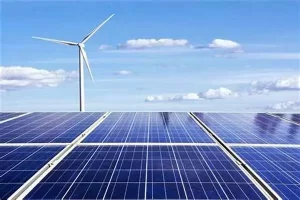
Unveiling Photovoltaic+Energy Storage: Four Major Application Scenarios Leading the Future of Energy
In this way, the energy landscape is evolving, and one of the most thrilling developments in renewables is the integration of photovoltaics energy storage.
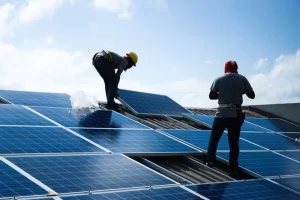
From Theory to Practice: Four Methods for Estimating Photovoltaic Power Generation
Photovoltaic power generation has become an essential part of modern energy solutions, particularly in home solar systems and distributed power applications
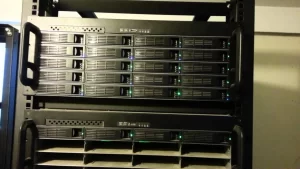
Rack-Mounted Lithium Iron Batteries: Creating Efficient and Reliable Energy Storage Solutions
When it comes to modern energy solutions, rack-mounted lithium iron batteries are taking center stage in a variety of industries. Whether you’re powering data centers, stabilizing energy for households, or keeping critical systems online at 5G base stations, these batteries have become the unsung heroes of our electrified world.
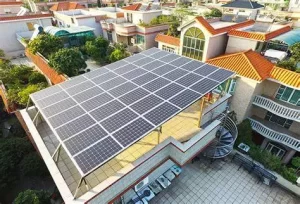
Late Night Energy Saving Tips: How to Maximize Electricity Savings During Off-Peak Hours
With rising energy costs, homeowners are increasingly exploring innovative ways to save on their electricity bills. One effective approach is utilizing off-peak hours—times when electricity rates are significantly lower due to reduced demand.
